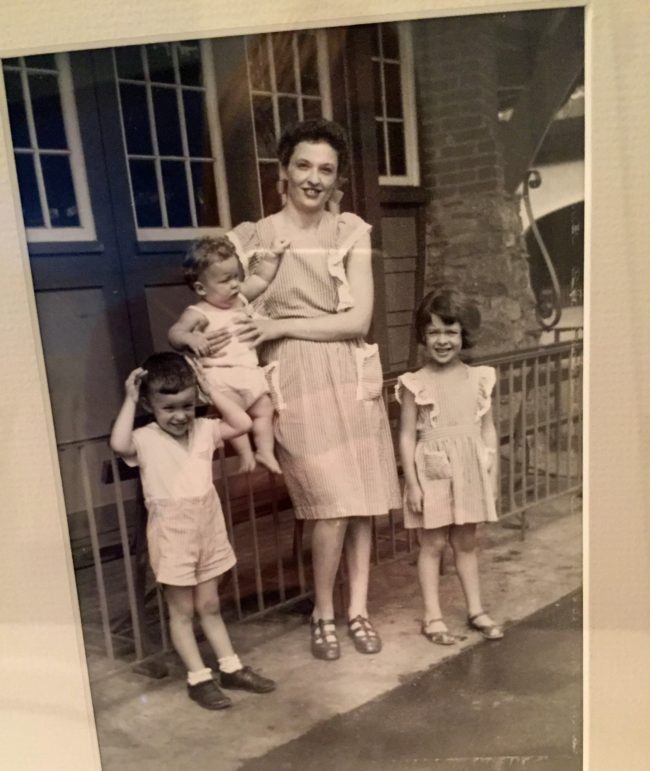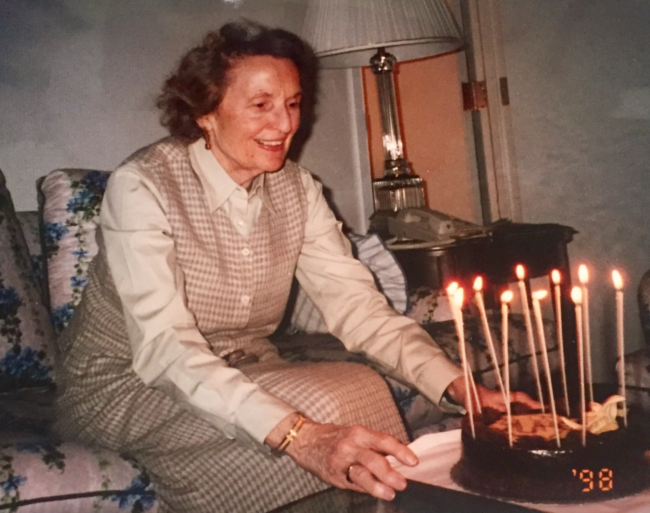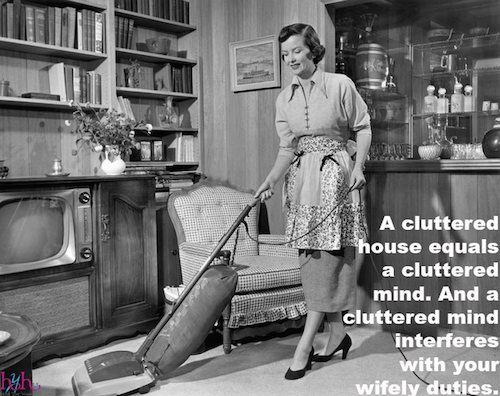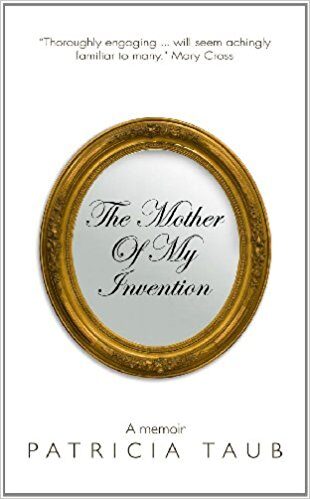Mother’s Day is right around the corner, and while it’s a joyful time to honor mothers, it can also be an unsettling occasion for those adult daughters with a pronounced mother wound. The holiday can reawaken a daughter’s memories of the maternal hurt she experienced growing up and which continues to affect her primary relationships. The mother wound can be traced to a woman’s proclivity to rejection, co-dependency and depression.
The good news is that the mother wound can be healed. The key is to discover a new mother story. This path takes time and might stir up unhappy memories, but ultimately a new mother story can be incredibly freeing.
I consider myself living proof of recovering from the mother wound. For decades I blamed my mother’s self-absorption and criticism of me for my lousy self-image and failure in relationships. All this changed in the process of writing a mother-daughter memoir about our life together.
I didn’t tackle the memoir until after my mother died. Friends would express condolences with the phrase, “I’m so sorry that your mother passed. She was a lovely woman.” In response a voice inside me would protest, “You have no idea how difficult she was.” I was too polite to say this. Instead I would force a smile and express gratitude for their sympathy.
In my private moments I recognized how blatantly unhealthy it was for me to harbor resentment towards my deceased mother—unresolved anger simply messes with one’s general happiness. Because writing about a difficult subject has often helped me get unstuck, I decided to write an essay about my mother and me.
Once I started writing I couldn’t stop. I was possessed. In a few weeks I had produced 100 pages that chronicled my entire life with my mother. I found an editor who liked my writing, but who sensibly advised me to tone down my anger.
This advice encouraged me to shift my focus: to view my mother’s life as she had lived it. I was able to see Jane through the times she inhabited, through the culture of the 1940s and ’50s when women’s roles were largely restricted to that of wife and mother.
As my maternal anger receded new perceptions took center stage.
I recalled a conversation with my mother where she alluded to being sexually abused by her father. I remembered my father’s blatant affairs. I remembered being a college student and confessing to my mother that I was depressed. She countered with tales of her own depression and even suicidal thoughts.
Documenting my mother’s hardships brought on new tears, tears for her lonely struggles. Tears for a woman caught in an era when women barely had a voice: where they typically suffered in silence.
As I became more objective I could allow positive memories their due.
I remembered how desperately my mother wanted to attend art school and how the money for her education dried up after my grandfather lost a lot of money in a bad financial decision. I remembered how my mother’s artistry was expressed in her gardens, home décor and sensibility where she frequently saw beauty in unexpected places like in the kind eyes of a stranger. I’m grateful that this sensitivity was passed along to me.
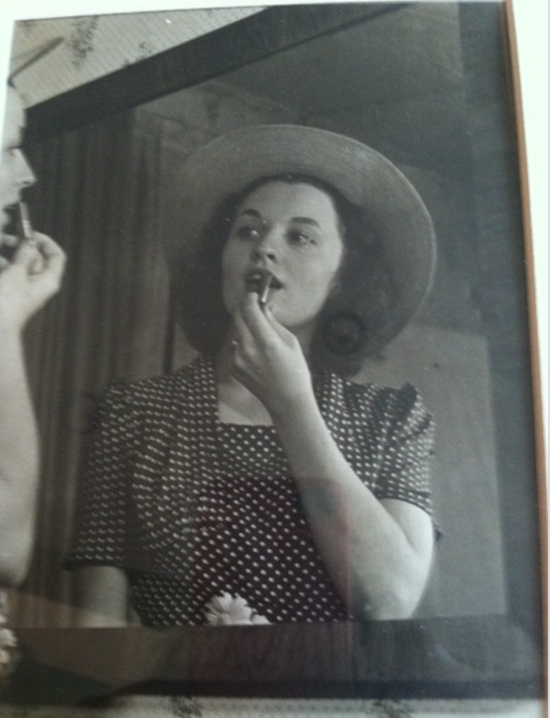
My mother, age 18, full of life, before she was stifled by an unhappy marriage and the confines of housewifery
As I sat with the contours of my mother’s struggles, I felt an appreciation for how well she functioned given the times when there weren’t avenues for healing from sexual abuse, when women didn’t readily divorce, and when they rarely confessed their unhappiness even to their close friends. Most importantly I discovered a new love for her that didn’t exist when she was alive. The payoff was enormous. I experienced a peace of mind that eluded me when I was in mother blame mode.
We don’t have to give a seal of approval to those maternal acts that scarred us, but we can develop an understanding for their causality to allow the mother wound to heal.
Why not take a pledge this Mother’s Day to put yourselves in your mother’s shoes towards a new acceptance of her?

